Whole grains are an important part of your overall diet and health. Properly storing your grains will keep them fresh and ready for use. We’ve compiled the best tips to help you get the most out of your stored grains.
Airtight containers
One of the most important rules for storing whole grains is to use an airtight container. Utilize sealable food storage buckets for larger amounts and glass mason jars for smaller amounts. As long as the container is strong and sealable, it comes down to your personal preference. For guaranteed freshness, glass and food storage buckets are more reliable. Avoid thin plastic and paper bags as they are not very durable.
Keep it cool
An important rule to live by when storing raw and refined grains is to keep them in a cool place. Cool temperatures mean that your whole grains will spoil slowly, . Certain grains require specific storage temperatures, we’ve assembled a list of where to store each grain to make it easier for you!
Grains to store at room temperature:
- Whole Grains (quinoa, wheat berries, brown rice, millet, etc.) used at least once a month
- Dried Beans
- Flour, Cereals, Cracked Grains used once a week
- Baking Mixes
- Refined Grains, Flours and Cereals (white flour, white rice, etc)
Grains to store in a fridge/freezer:
- Whole Grains used less than once a month
- Flour, Cereals, Cracked Grains used less than once a month
- Almond Meal
- Hazelnut Meal
- Coconut Flour
- Wheat Germ
- Rice Bran
- Flaxseed Meal
- Hemp Seeds
Keep out of reach of pests
It is a good general rule of thumb to store all grains in a dark place to avoid any possibility for unwanted deterioration of the grains. Unfortunately, unwanted pests such as moths or cockroaches often use these spaces as a home! Make sure that your grains are off the floor- if they are, ensure that your container is airtight and made of hard plastic.
We hope you’ve got some useful tips to store grains of all kinds! Check out our selection of Grain Mills to get the most of your whole grains.
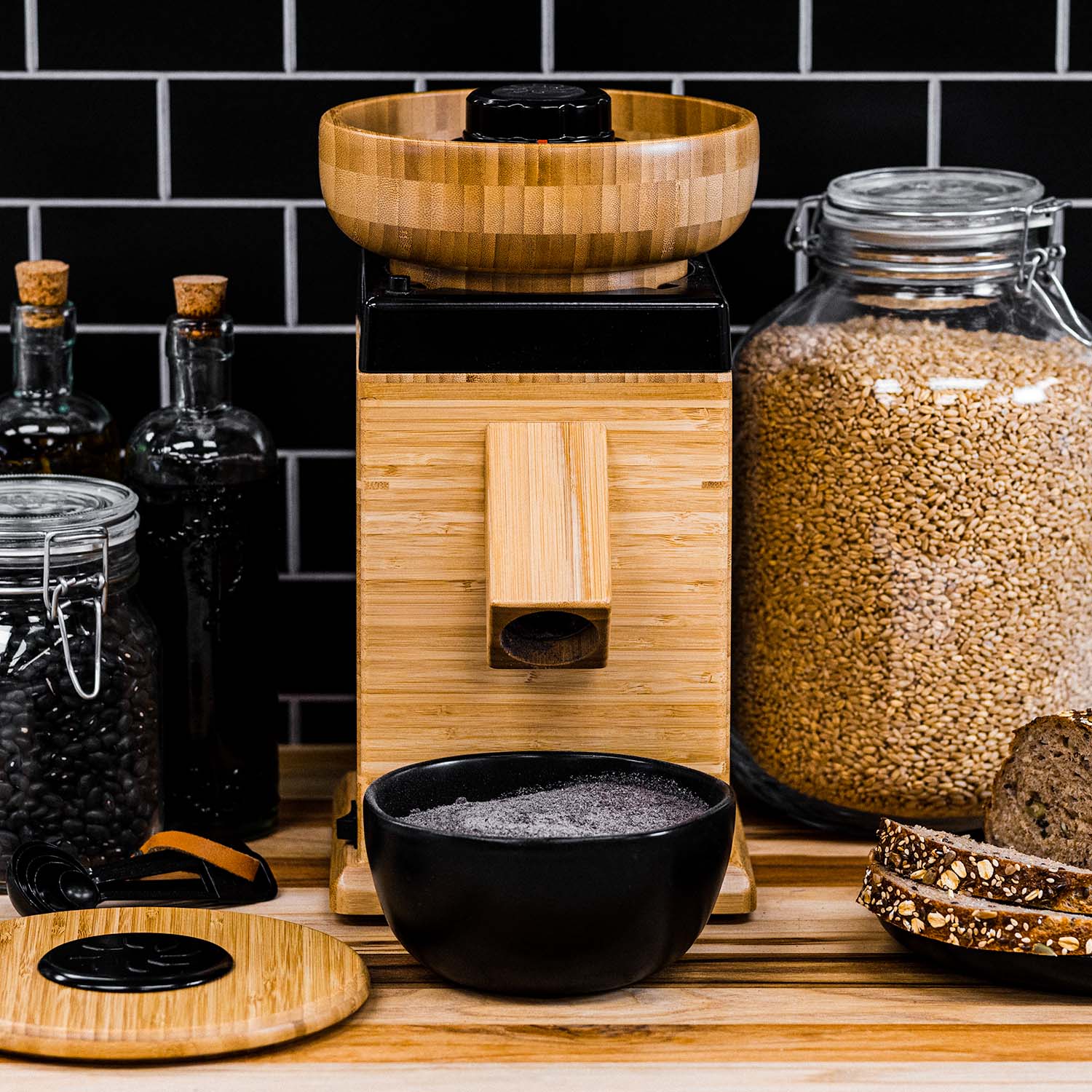
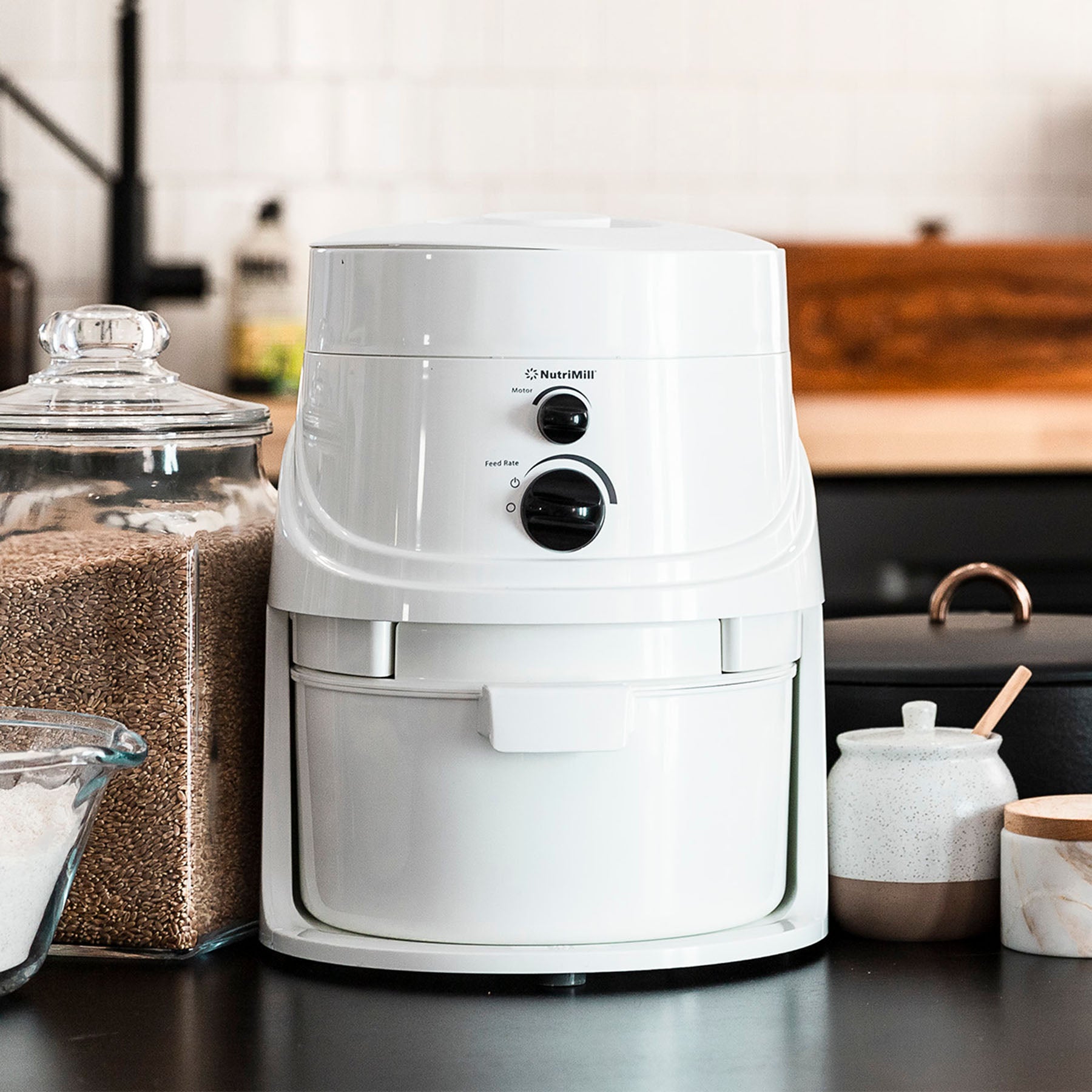
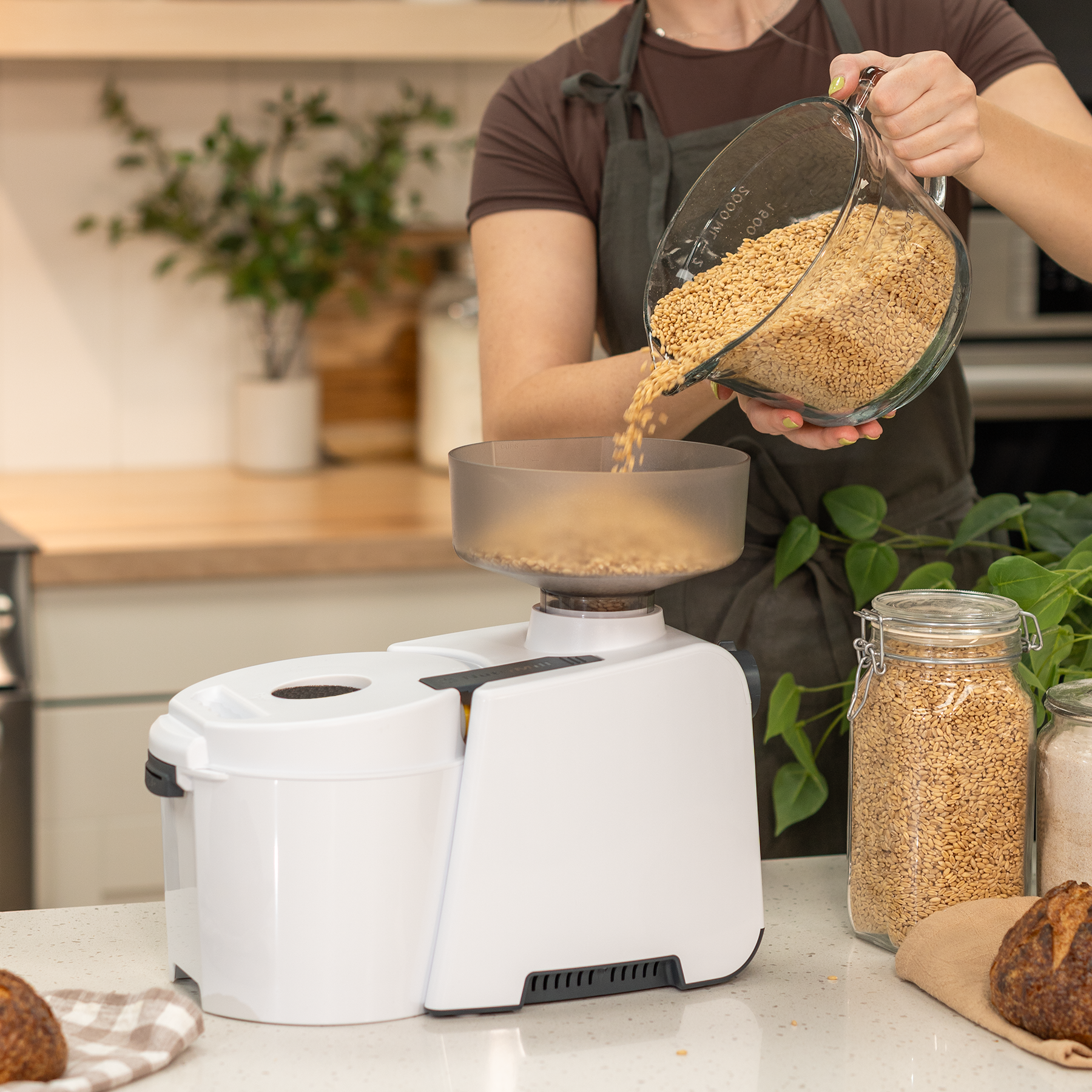
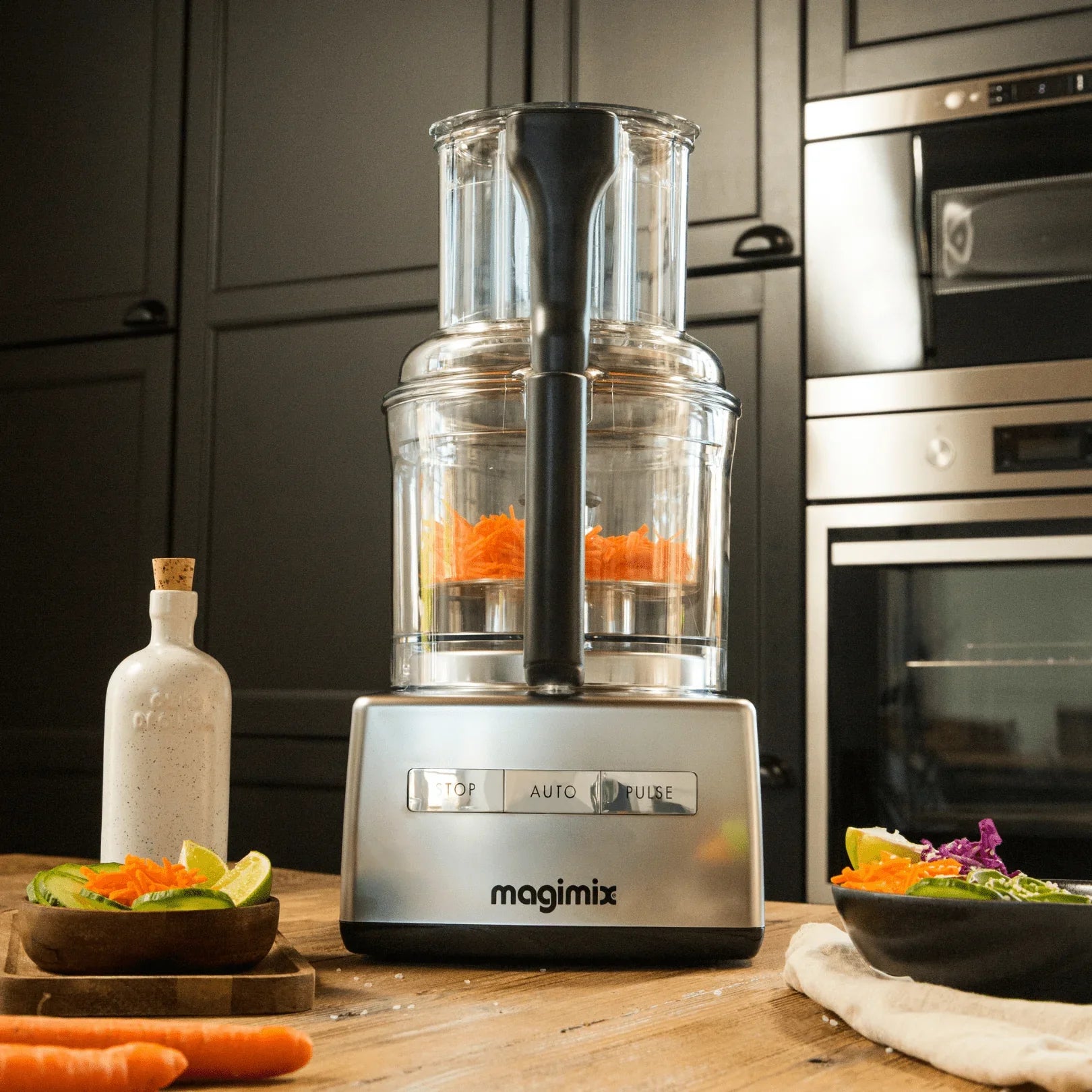
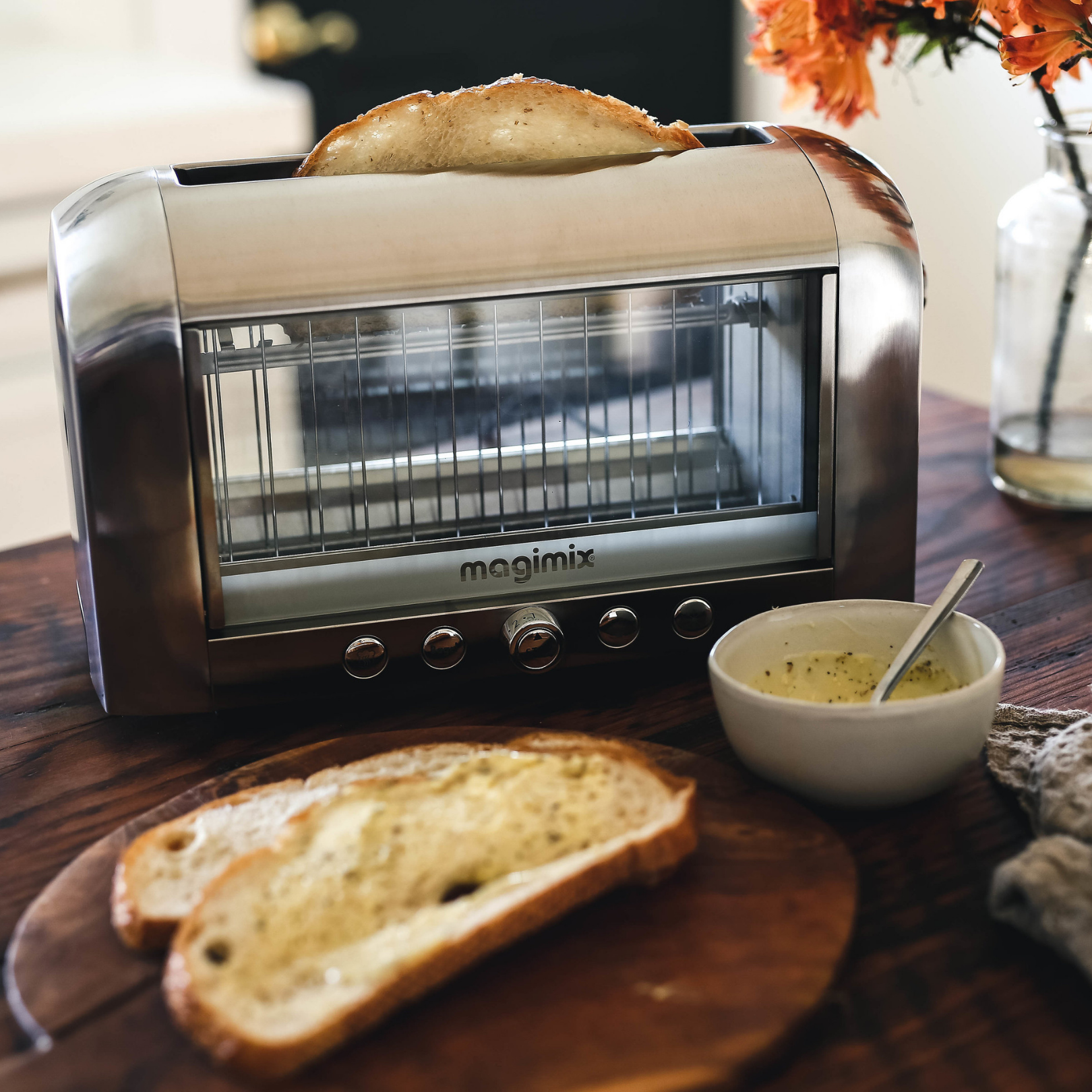
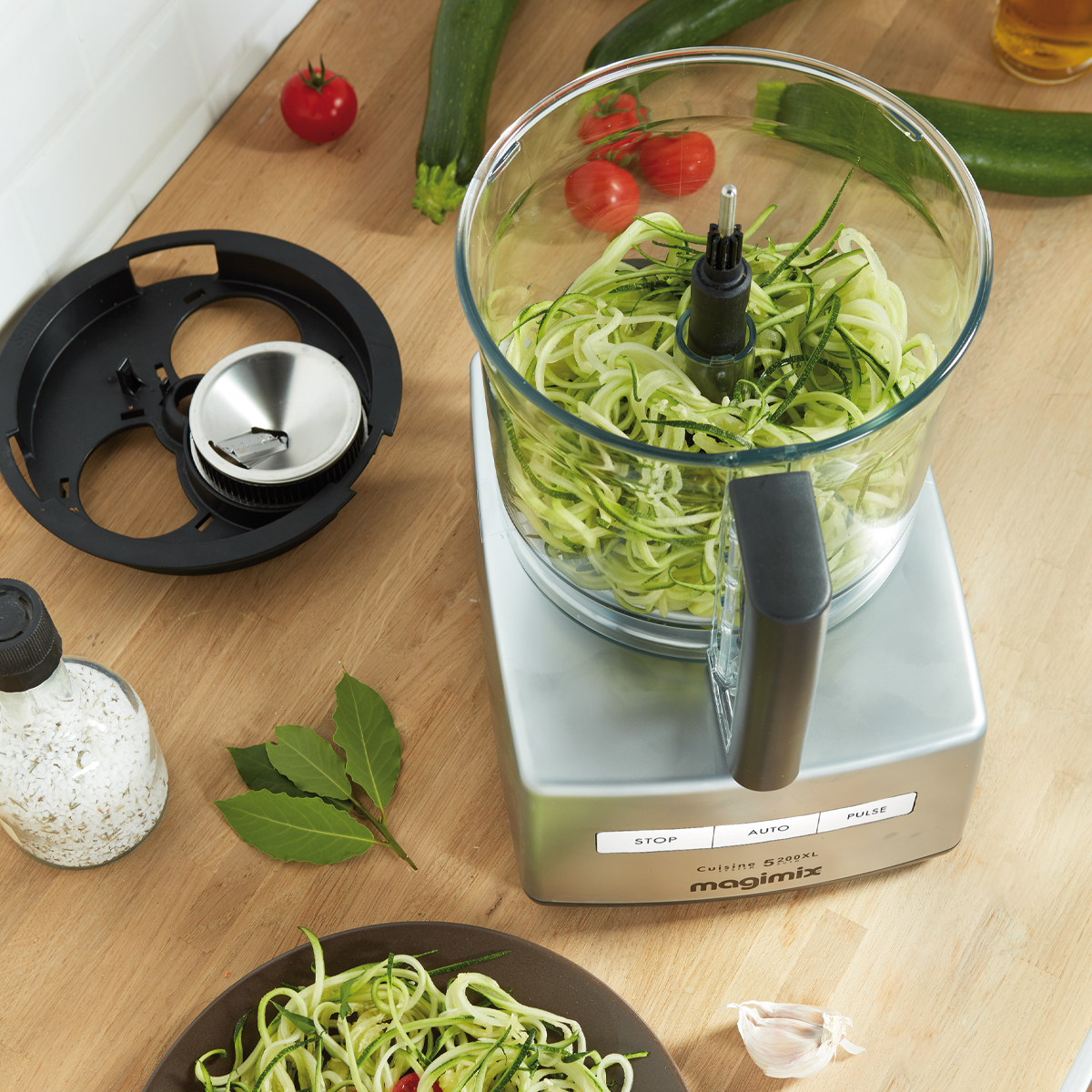

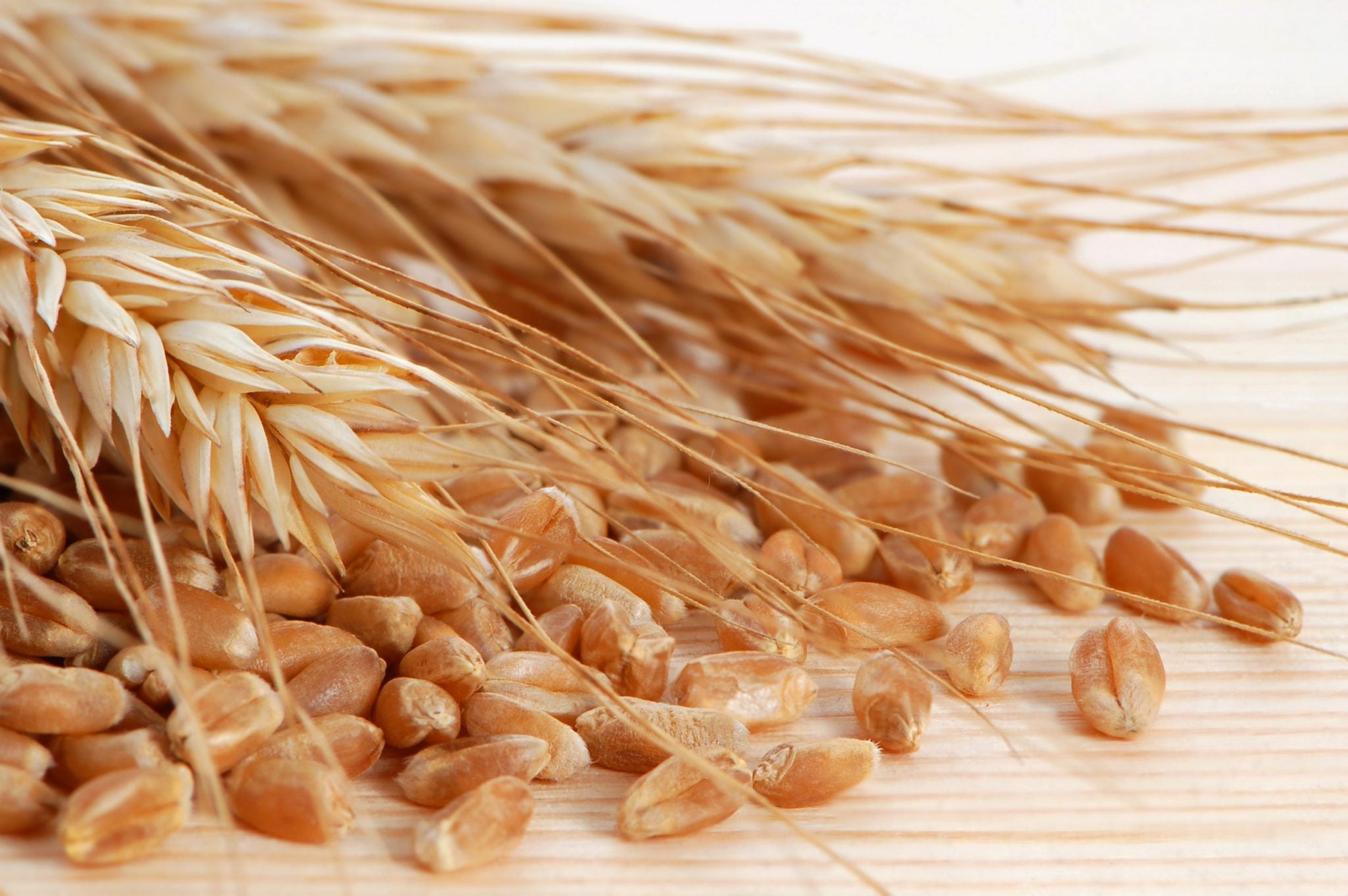
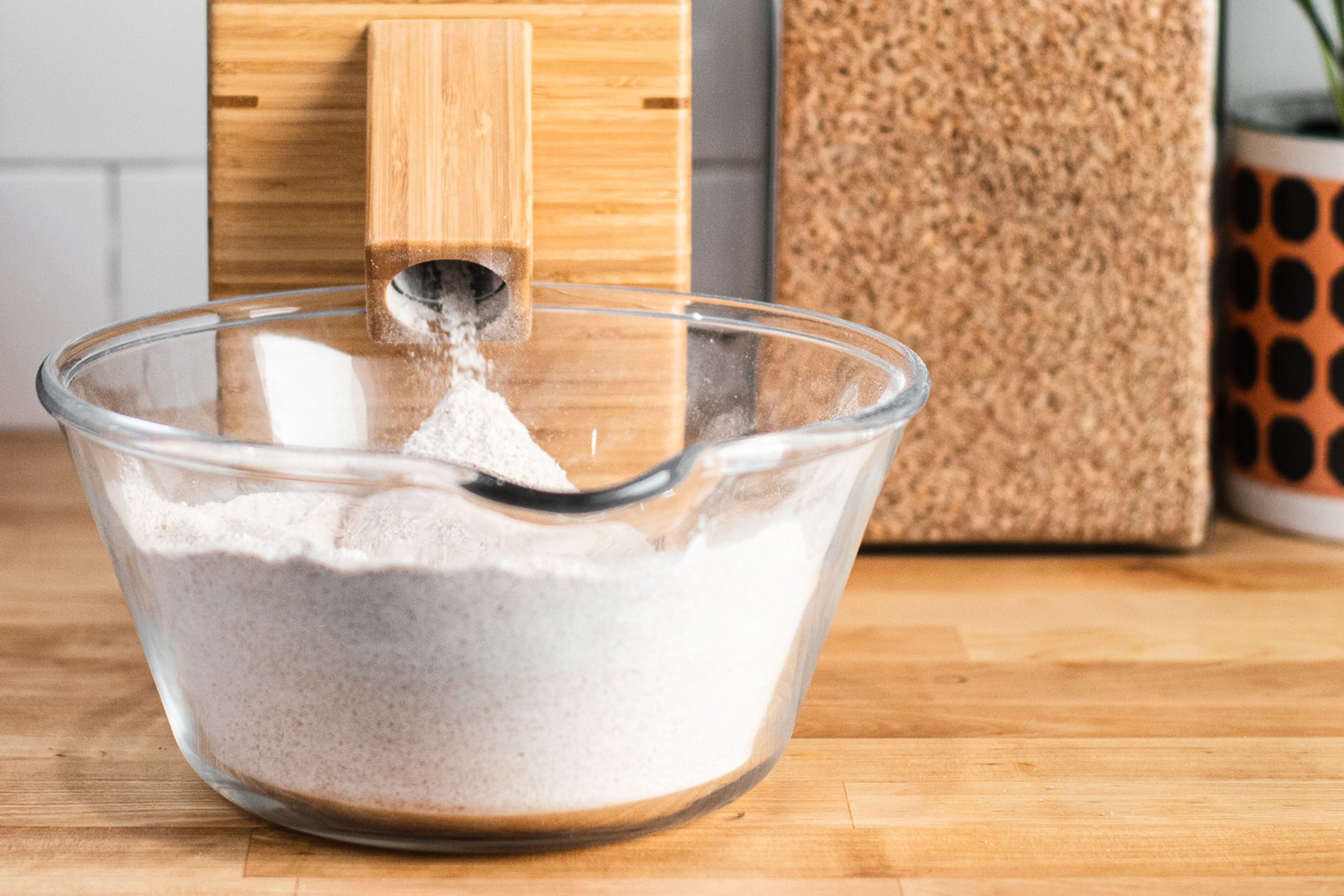
Leave a comment
All comments are moderated before being published.
This site is protected by hCaptcha and the hCaptcha Privacy Policy and Terms of Service apply.